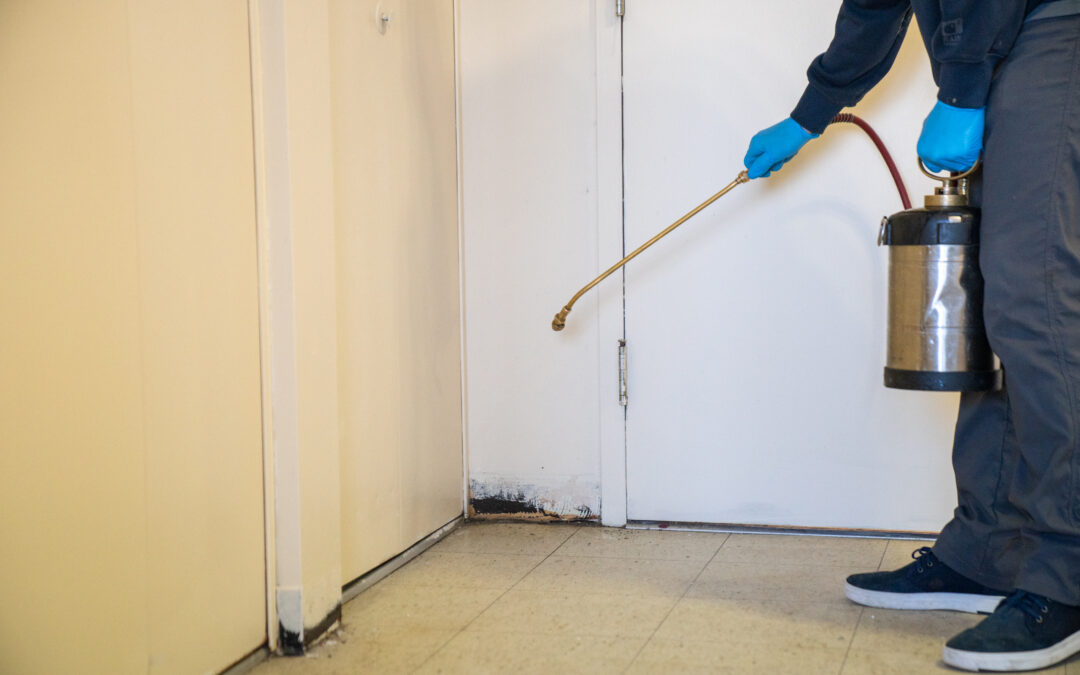Weather plays a significant role in the life of any pest species. As the temperature changes so does the behavior of pests, with winter often driving pests into the home. So let’s take a look at how the weather affects ant colonies in particular.
Cold
Some ant species have no problem with the cold, because they build their colonies deep enough underground and they will store food. Others however will have to find warmer areas whenever the weather starts to get cooler, and this can lead to home infestations.
Heat
Ants, like most insects, will increase their activity in warmer months. Warmer months also have more food sources available. Higher temperatures lead to faster metabolic rates in ants, and this means that they have to eat more to survive, and that they are able to work more than they could during the winter.
Drought
When the weather is extremely dry, the ants will intensify their efforts to find water, and this will also lead them indoors. If a drought period lasts exceedingly long, and the ants cannot find a good source of water, a lot of the colonies that are out in the wild will die out.
Rain
Heavy rains can lead to the destruction of ant colonies, but most of the workers, eggs and the queen will often survive by relocating. You may have noticed that whenever a storm is brewing, ant activity near their mounds intensifies. This is because they are preparing for the rain and getting ready to evacuate if necessary. Some ant species, such as the fire ants, will build rafts out of their own bodies. The workers will link up, and the queen, eggs and the brood will be placed on top of the workers. The workers will have no trouble surviving this, since ants can go without air for considerable periods of time.
How to use this information
This information can be useful if you notice an uptick of ant activity in the home following some weather abnormalities. In these situations, it might be the case that the ants have moved their colony indoors after a drop in temperature, a drought or some heavy rains. Contact us today for more information on how ant infestations start and how they manifest themselves over time, or if you have an ant infestation in the home that needs to be removed.

